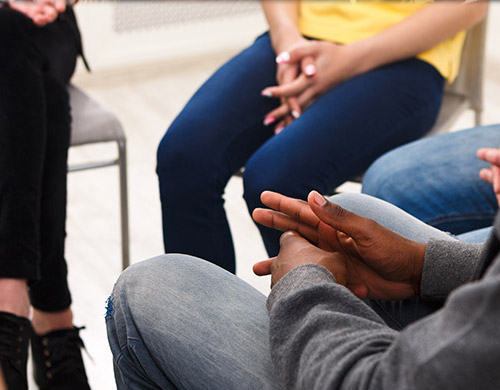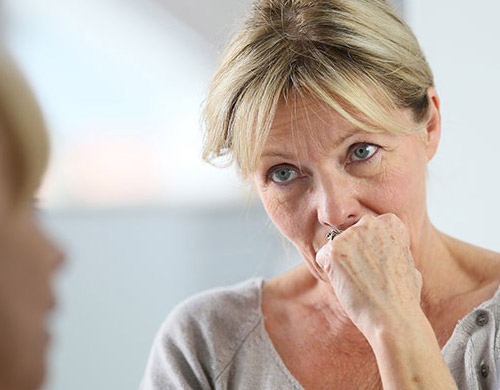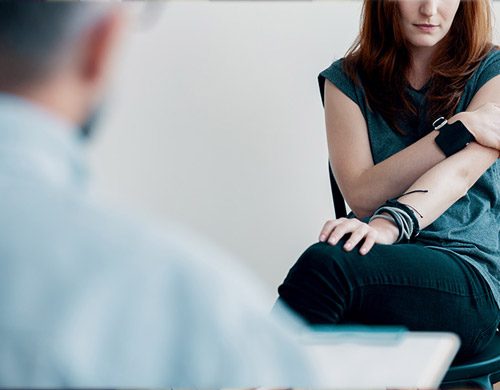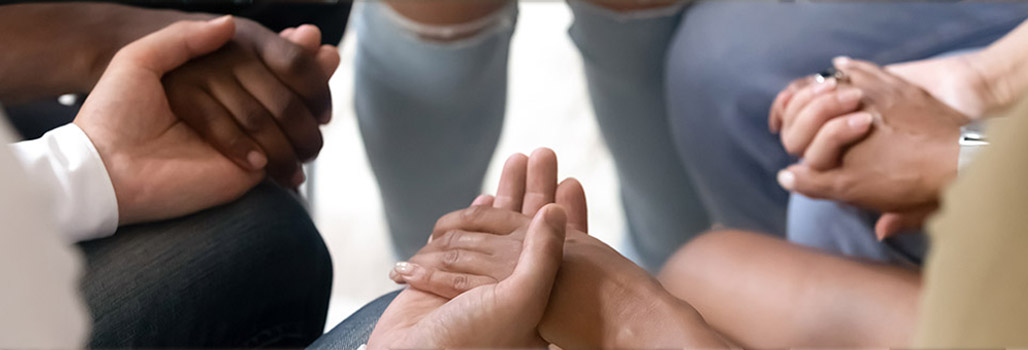Due to the challenges that are connected with drug or alcohol addiction, many struggling do not know where to turn. By using professional treatment services it is possible to treat drug addiction or alcohol addiction just like other diseases and achieve long term recovery.
We will explain how recovery from addiction is achievable for you or a loved one if an integrated treatment approach is adopted.
What is Addiction Rehab (Rehabilitation)?
Addiction ‘rehab’ is a broad term that describes the therapeutic and medical treatments that are used to help individuals recover from their dependencies on prescription drugs or illegal drugs including meth.
Rehab approaches are successful when they are personalized to your individual needs, and may encompass residential programs, outpatient care, medically-managed detoxes and aftercare support programs.

Facts & Statistics about Addiction in Downey
Prevalence of Substance Use Disorder, by Drug Type
(IN THOUSANDS)
- 2,7578.5%Any Substance
- 2,0886.4%Alcohol
- 1,0683.3%Ilicit Drugs
- 2060.6%Pain Medication
Drug- and Alcohol-Induced Deaths by Age Group, California, 2016
- Alcohol-Induced
- Drug-Induced
- 18 to 250.5
- 9.6
- 26 to 354.3
- 13.9
- 36 to 6424.2
- 22.9
- 65+23.7
- 9.4
Drug Use, by Selected Type and Age Group California, 2015 to 2016
- 12 to 17
- 18 to 25
- 26+
- Marijuana*13.2%
- 34.0%
- 13.5%
- Misuse of Pain Medications3.5%
- 8.0%
- 4.3%
- Cocaine0.8%
- 7.2%
- 1.8%
- Heroin0%
- 0.4%
- 0.2%
What are the treatment options available in Downey?
Understanding and healing the latent causes behind your drug or alcohol addiction can be achieved through the use of an holistic treatment program. Although symptoms of addiction need to be managed, life skills will also be encouraged in order to focus on the primary causes of your dependency.

Private Residential Programs
If you live at the facility where you are receiving addiction treatment, you are part of a residential treatment program. One of the key benefits is access to ongoing treatment and support. When you reside at a treatment center you are free from many of the triggers in your home environment that may worsen your substance misuse.
If you stay in a controlled and supportive environment, you have a higher chance of finishing your addiction treatment program without relapse and its associated dangers.
Patients who are struggling with dual diagnosis, co-occurring disorders or intense dependencies are encouraged to take part in an inpatient rehab program. Enrolling in a residential rehab program is an effective way to get sober, and maintaining it demands ongoing focus because addiction recovery is difficult during the early stages. Once your inpatient program is complete you will want to be independent and your focus will be on what you would like from your new life.
Do You Need Help?
Our addiction advisers are here to help you.

Sober Living Programs
You can build the skills necessary to stay sober by engaging in a sober living program, which will support you through the transitional period. This will be done by:
- Sending a house manager to see how you are doing regularly
- Working on the kinds of behaviors that are needed in recovery
- Working on supportive and meaningful relations with other peers in recovery
Outpatient Programs
Outpatient rehabilitation programs are considered to be flexible by allowing you to have therapy at the treatment center and continue your career or family commitments.
Outpatient programs usually provide you with:
- Education on abusing substances
- Group therapy and individual therapy as vehicles for therapeutic intervention – You can expect to be enrolled in an outpatient program for at least three months, and may continue the program for a year if necessary.
Detox Only Programs
Most individuals need a medical detox to commence substance rehabilitation, as it addresses physical dependence on substances by ridding it from your system. During detox you will experience withdrawal symptoms as your body stabilizes to work without the substance it was dependent on.
This is just the start of your rehab journey, and the next steps are to confront and address the root reasons for your addiction, so that the pattern does not repeat. You may develop some cravings and withdrawal symptoms for a few weeks after your detox program has ended. You can limit your chance of relapse by learning coping strategies for long-term abstinence.
Paying for Private Treatment
Private rehab will have to be paid with your own funds or claimed directly through your insurance. Most insurance companies can contribute to at least part of the costs associated with addiction rehab, such as a medically-assisted detox, rehab therapy and medication, as well as post-treatment support. The amount of cover given will change depending on the agreement details of your policy and your provider’s terms of agreement.
It is always advised that you find out about the amount you can claim before enrolling in a rehab program. By visiting our Verify Your Insurance page, you can find out what cover you are entitled to.
If you decide not to claim against your insurance policy, you will be liable to pay for your rehab with your own funds. Some facilities may provide payment plans for individuals who may find the costs unaffordable upfront.
State Funded Programs
If you have fallen victim to substance use disorder but have limited funds to pay privately for it, you should search for a state-funded treatment program.
Thanks to funds provided from Medicaid and state/federal budgets, state-funded programs can subsidize your recovery including:
- Medical detoxes
- Addiction treatment programs which includes aftercare and support
Those without private healthcare insurance or live in households with lower joint income may qualify for a state-funded rehab program. So that you can start the application, you will need to submit:

- Medical information about your addiction issues
- Evidence of where you live
- Proof of what you earn
- Evidence that you reside in the US legally
You can learn more about applying by visiting https://www.grants.gov/
To find the contact details for your state agency, this pdf provides the needed information
The following state-funded addiction rehab programs are available in Downey:
Southern CA Alcohol and Drug Prog Inc Positive Steps
11501 Dolan Street, Downey, CA 90241
562-923-7894 x3222
http://www.scadpinc.org/Southern CA Alcohol and Drug Prog Inc DUI/DWI Program
11500 Paramount Boulevard, Downey, CA 90241
562-923-4545
http://scadpinc.org/home0.aspxSouthern CA Alcohol and Drug Prog Inc Outpatient Treatment
11500 Paramount Boulevard, Downey, CA 90241
562-923-4545
http://scadpinc.org/home0.aspx
Maintaining Addiction Recovery in Downey
The early stages of recovery can be hard when you leave a rehab center. At the rehab center the environment was safe and you had professional support. Your coping skills will be put to the test when you leave rehab, as you may experience some challenges that you still need to learn to deal with. Long term sobriety is more difficult to maintain when you have had a severe dependency and do not have social support when you leave rehab. Relapse is a possibility without the right aftercare and support groups to help you navigate your new life.
The following AA/NA meetings are available in Downey:
Serenity Sunday
Open, Discussion, Wheelchair and No Smoking:
3rd Floor – Building C – Room O31, 9449 East Imperial Highway, Downey, 90242
Sunday: 2:30 pm – 3:30 pm
ecana.org/ecwp/meetings/AA - Downey Beginners Bellflower Boulevard
Wheelchair Access: 12200 Bellflower Boulevard, Downey, CA 90242
Sunday: 11:00 am – 1:00 pm
https://alcoholicsanonymous.com/CA POWERHOUSE
Speaker and Participation: Bldg C. 9449 E. Imperial Hwy., Downey, CA 90242
Sunday: 7:00 pm
https://ca4la.org/long-beach-compton/
Aftercare & Alumni Programs
An aftercare program continues to provide recovery support when you return to your home environment. Unfortunately Relapse may occur in 60% of people, and due mostly to the unpredictability of life post-treatment, having extended support is an integral part of your long term recovery.
Once you get close to the end of your rehab program, you will discuss the therapies and counseling services most beneficial to you long-term, and an aftercare program will be created to help you sustain from drinking or taking drugs. After the successful completion of your rehabilitation program you will become eligible for joining an alumni community program so you can stay close to staff and peers.
You will gain access to Alumni events and receive support and encouragement from other people who are also in recovery long-term. You will also have the opportunity to reciprocate in the program by supporting other people if you like.

Support Groups (Fellowship Meetings)
With the help of support group meetings you can create a support structure that is helpful to your long-term sobriety. You can receive long-term recovery support if you find local groups like Narcotics Anonymous or Alcoholics Anonymous go to their 12-step meetings.
During support group meetings, individual members share their experiences and empower others. Friendship, empowerment and accountability for our actions are key to long-term recovery, and meetings provide many with the necessary tools to stay sober.
Support for Families & Children Affected by Addiction
Addiction causes pain for everyone living in the household to various degrees.
While its true that the person battling with substance misuse certainly needs support and guidance, other family members also need assistance.
By a family support group, families will learn to manage stress more effectively, and be able to support your loved one recovering from addiction.
Your family may benefit from support groups including:

- Parents of Addicted Loved Ones
- SMART Recovery Family & Friends
- NAMI Family Support Groups
- Al-Anon
- Families Anonymous
- Alateen
- Nar-Anon









